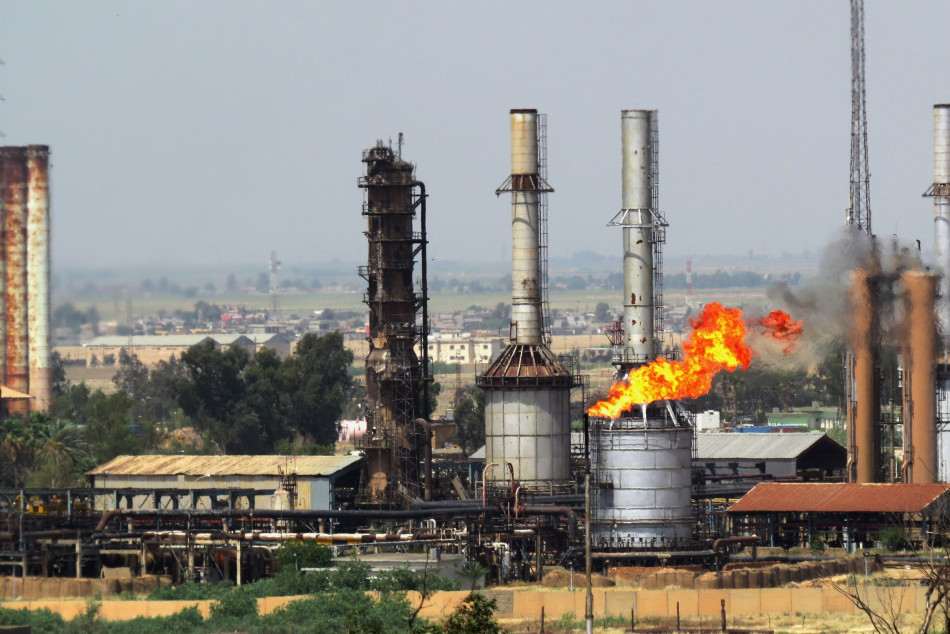The Iraqi ministry of oil plans to increase production from Kirkuk oilfields to one million barrels per day. The current oil output is 400,000 barrels a day.
Crude exports from the multi-ethnic province resumed in November 2018, following more than a year-long halt due to a standoff between the Iraqi federal government and the Kurdistan Regional Government (KRG).
Oil minister and deputy PM for energy affairs Thamr Gadhban told state-run al-Sabah newspaper said currently 80,000 – 90,000 bpd of Kirkuk crude is being exported to the Turkish port of Ceyhan by a pipeline crossing the Kurdistan Region.
According to a latest report by the Iraqi ministry of oil, throughout April, 2 million and 570 thousand barrels of crude oil have been exported from Kirkuk’s oilfields.
Kurds controlled Havana and Bay Hassan oilfields after they drove out Islamic State militants in 2014.
Iraqi government forces retook Kirkuk from the Kurds in October 2017. The tensions which followed a failed referendum on independence in the Kurdistan Region brought oil exports from Jambur, Bay Hassan, Havana, Qubay Baba and Khabbaza oilfields to a halt.





